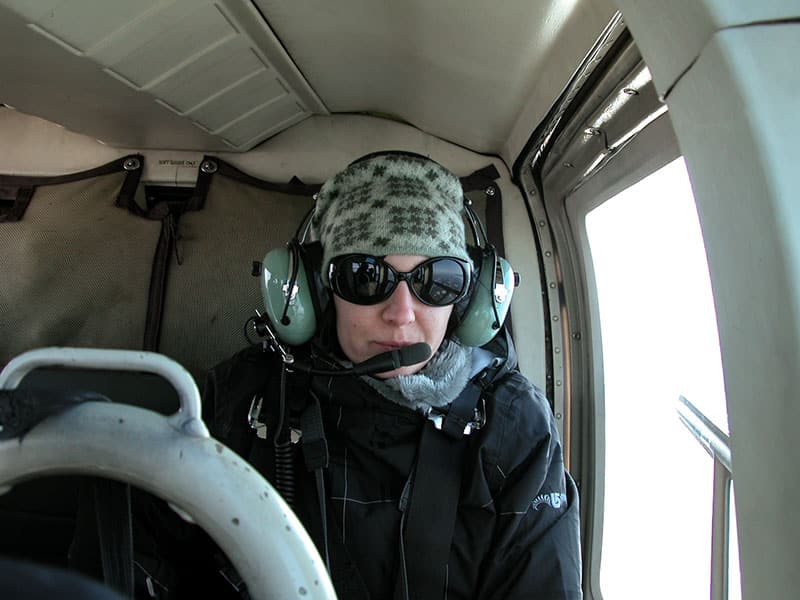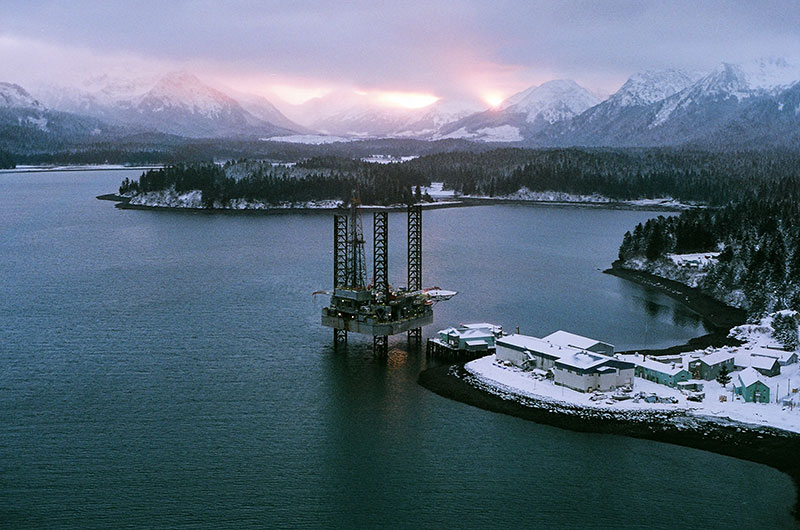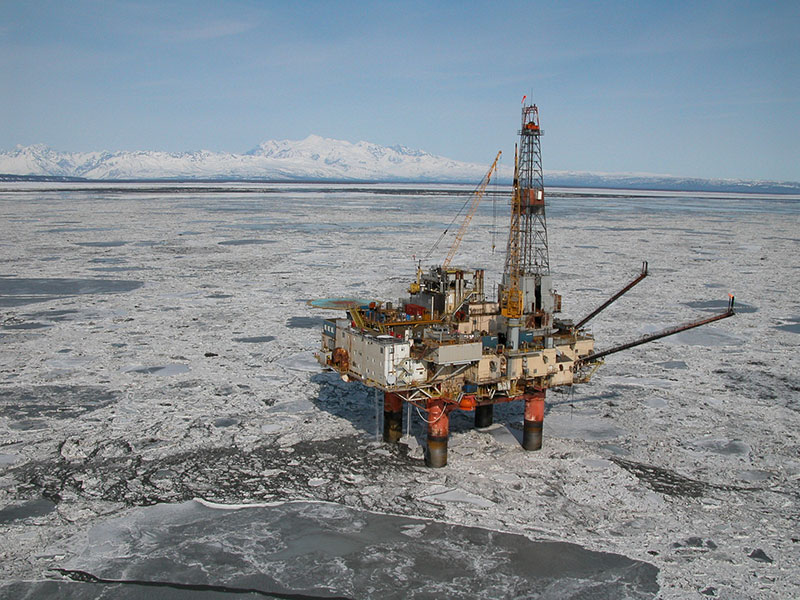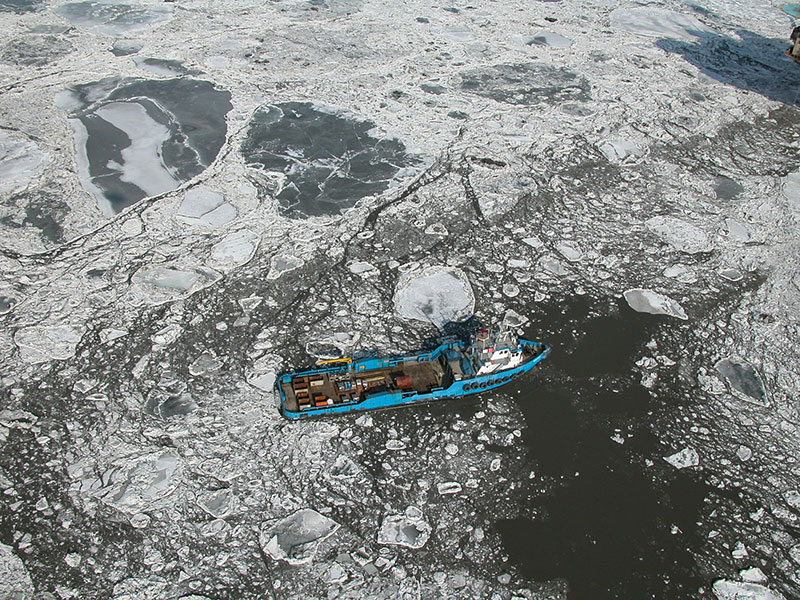Council holds meeting in homer
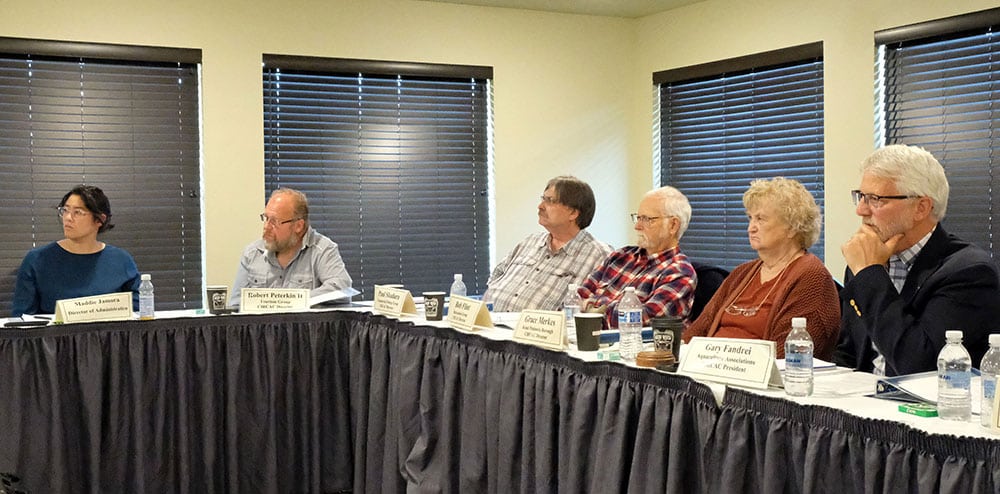
Cook Inlet Regional Citizens Advisory Council (CIRCAC) met for their fall meeting on August 25th for a hybrid meeting in Homer and via webinar.
CIRCAC welcomed Capt. Christopher Culpepper as the new ex-officio Board member representing the U.S. Coast Guard. Capt. Culpepper assumed command of Sector Anchorage in July, replacing Capt. Leanne Lusk following her retirement. We look forward to working with Capt. Culpepper and continuing our strong relationship with the USCG. Capt. Culpepper reported his already extensive travels across the state, including a visit with his team to the CIRCAC offices in Kenai in August.
The Board received updates on agency staffing, research projects, and other work around Cook Inlet from several other of our ex-officio agencies. Tiffany Larson from the Alaska Department of Environmental Conservation (ADEC) introduced Melinda Brunner, the new Program Manager for the Department’s Prevention, Preparedness and Response (PPR) program. Jade Gamble, also from ADEC, reported that PPR’s central region is again fully staffed. CIRCAC has raised concerns about staffing levels in recent years and we’re happy to see progress in this area. ADEC also reported the addition of a certified drone pilot to the staff at the Soldotna office, expanding and expediting response and observation capabilities.
Dr. Kris Holderied, NOAA Director of the Kasitsna Bay Laboratory, provided updates on several long-term studies, most notably a partnership project with CIRCAC and other agencies to assess Cook Inlet ocean forecast models. This project includes a 23-year model hindcast that will wrap up by the end of the year and will help inform future oceanography data collections and improve forecast modeling efforts, such as for oil spill trajectories. She is also excited about recent expansions to their research staff and looks forward to continued partnerships with CIRCAC.
Dr. Scott Pegau, Research Program Manager for the Oil Spill Research Institute (OSRI), reported on some of their efforts towards research, education, and demonstration projects that improve our understanding of and response to oil spills in Arctic and sub-Arctic marine environments. He provided detail on OSRI’s roles in projects using remotely operated equipment in oil spill response – including the recent use of Uncrewed Aerial Systems (UAS) for oil slick thickness and oil-in-ice validation experiments and a remotely operated surface vessel (jet ski) that can be rapidly deployed to apply oil herders and conduct controlled in-situ burns when mechanical oil recovery is not possible.
CIRCAC staff reported during the meeting that the organization’s triennial recertification application had been completed and submitted and the USCG issued its approval letter on August 23rd. Staff provided updates on committee projects and budgeting. The next CIRCAC Board of Directors meeting is scheduled for November 30th and December 1st in Anchorage.




